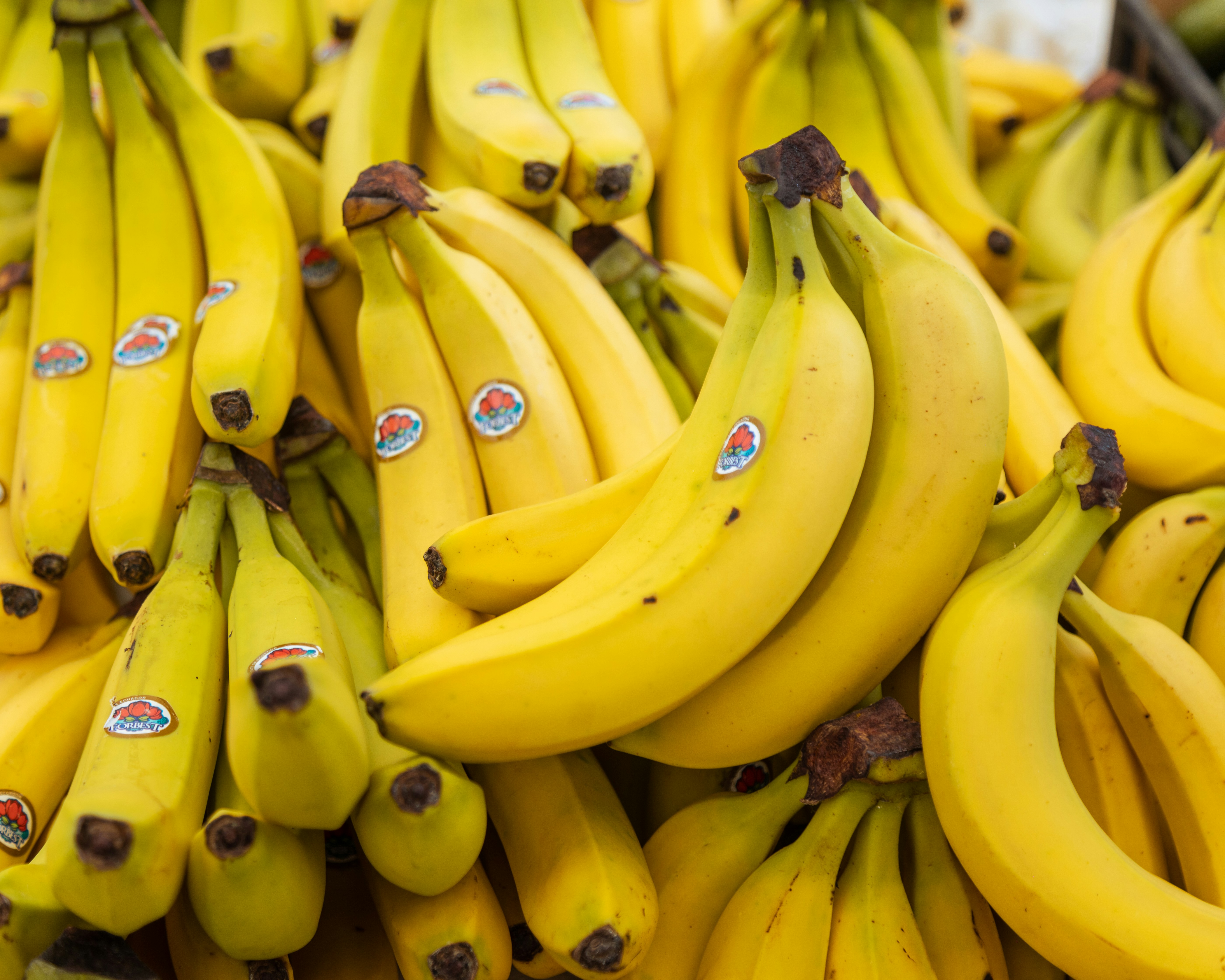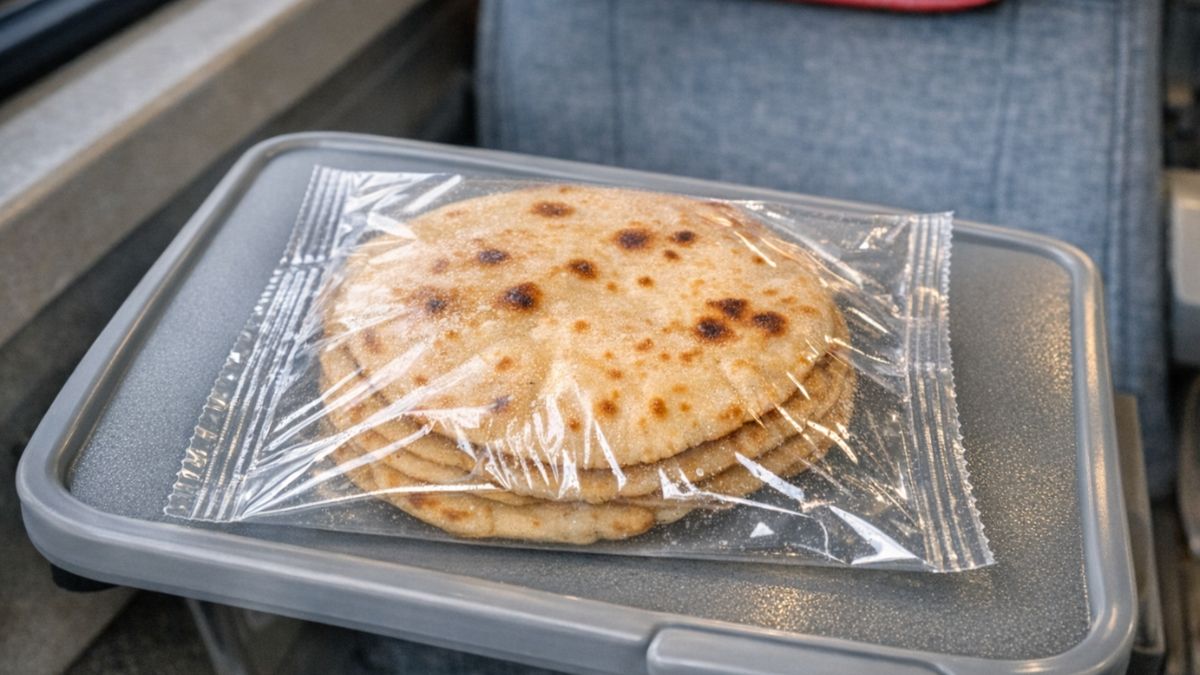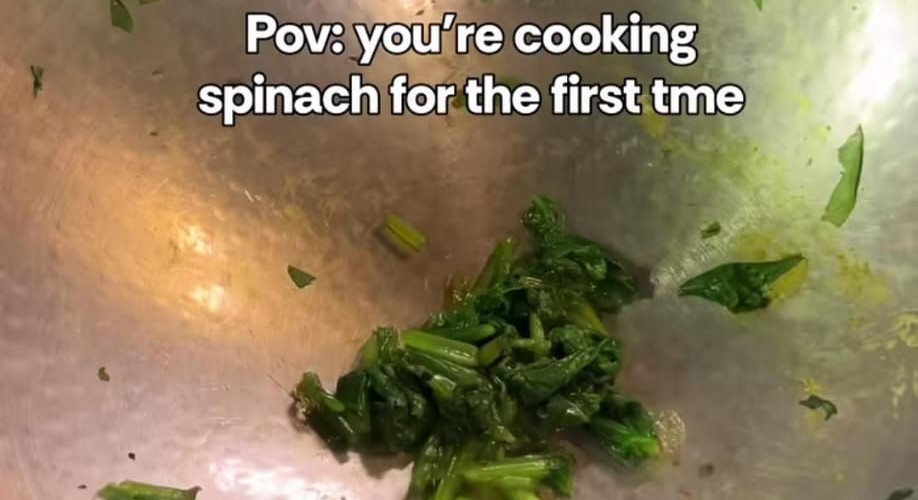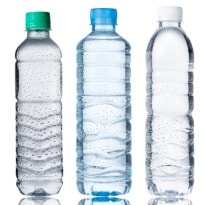You think bottled water is safe? Well, think again. Over 10,000 illegal packaged water bottling units are operating in the National Capital Region, often using the labels of the 64 licensed manufacturers, putting the health of millions of people at risk, say industry officials. But local health officials seem oblivious of the danger to people's health and safety."It may sound horrific but only 64 water bottling plants have the licence to supply packed drinking water in the national capital and the NCR," said Pankaj Aggarwal, the president of the Bottled Water Processors Association. "It's a big reason for worry. Despite not getting clearances from the Bureau of Indian Standard (BIS), supplies from such unlicensed plants is equal to the quantity of bottles supplied by the licensed plants," he added. "Such illegal units are mostly located in slums and congested bylanes of Delhi, Haryana and Uttar Pradesh. They hardly meet the standards of water purification, but escape getting checked by government officials due to their location."
In a recent case, cockroaches were found in water drums supplied to the headquarters of the East Delhi Municipal Corp. After a probe, the supplier was found to be an illegal operator. But the unit could not be traced as there was no record with the industry association. In another case, a house fly was found in water supplied to a media organisation in Noida."If the condition of Delhi is like this, then what will be the situation in the other parts of the country. But I do not have any official data on it. It is the duty of the Delhi government to submit data of such unlicensed operators to the central government. Only when we receive such a report can we frame more stringent policies to stop such malpractices," union Health Minister Harsh Vardhan said.North Delhi Municipal Corp. Mayor Yogender Chandolia had some alarming data. "I believe the number of unlicensed bottling units in Delhi is over 10,000. There's a shortage of drinking water in many parts. Operating illegal units is a lucrative business. We did a survey this year and over 2,000 people were caught running unlicensed water bottling plants in parts of North Delhi alone. But no action was taken against them. This has again given them the freedom to keep running their illegal business."In fact, the Delhi High Court asked the government agencies in May 2010 to crack down on bottling units selling water without a licence and a proper certification from the BIS. But that hasn't helped, bona fide bottlers lament.Aggarwal said "every registered water bottling unit has to set up a lab for testing the presence of chemicals and microbes. These reports have to be submitted to the Bureau of Indian Standards every week. They also have to give water samples to a government lab but such tests are conducted only on the licensed plants. The unlicensed plants do not have to undergo any such test. They operate unhindered - even without proper water purification equipment." Each unit has to pay an annual fee of Rs.1 lakh."The point to be noted is that while licensed water bottling plants sell around 10,000 of water bottles every day, the unlicensed bottling plants manage to sell 30,000-40,000 bottles every day." The association said the past two years particularly have seen a spurt in illegal bottled water suppliers. They mostly operate from areas like Arjun Nagar, Dwarka and Jamia Nagar. These areas account for 50 percent of such units operating in tiny rooms and hutments. "Being outside the ambit of our association, none of the stringent government norms apply to them nor do they pay any of the taxes," said Rakesh Kumar Suri, owner of Diamond Dew, a licensed water bottling plant in Noida.He said that besides the poor quality of water they supply, these unlicensed operators also evade the 15 percent sales tax which is mandatory. "They also don't get any electricity bills because of the way they operate in isolated locations." The water resources ministry in its latest order has asked all water bottling plants to get new licences to pump out ground water. However, the quantum of licence fee is yet to be announced. "The new order is again going to apply only to the licensed plants. Such policies are creating impediments in the smooth operations of licensed units," said Pradeep Kumar, owner of Ocean Blue, a licensed water bottling plant in Arjun Nagar, in south Delhi. He said the minimum cost of setting up a plant is between Rs. 2 crore and Rs. 3 crore, besides high taxes. "There can be no solution until the government raids such unlicensed plants and stops unlicensed owners from supplying unpurified water and putting the life of people in jeopardy."
In a recent case, cockroaches were found in water drums supplied to the headquarters of the East Delhi Municipal Corp. After a probe, the supplier was found to be an illegal operator. But the unit could not be traced as there was no record with the industry association. In another case, a house fly was found in water supplied to a media organisation in Noida."If the condition of Delhi is like this, then what will be the situation in the other parts of the country. But I do not have any official data on it. It is the duty of the Delhi government to submit data of such unlicensed operators to the central government. Only when we receive such a report can we frame more stringent policies to stop such malpractices," union Health Minister Harsh Vardhan said.North Delhi Municipal Corp. Mayor Yogender Chandolia had some alarming data. "I believe the number of unlicensed bottling units in Delhi is over 10,000. There's a shortage of drinking water in many parts. Operating illegal units is a lucrative business. We did a survey this year and over 2,000 people were caught running unlicensed water bottling plants in parts of North Delhi alone. But no action was taken against them. This has again given them the freedom to keep running their illegal business."In fact, the Delhi High Court asked the government agencies in May 2010 to crack down on bottling units selling water without a licence and a proper certification from the BIS. But that hasn't helped, bona fide bottlers lament.Aggarwal said "every registered water bottling unit has to set up a lab for testing the presence of chemicals and microbes. These reports have to be submitted to the Bureau of Indian Standards every week. They also have to give water samples to a government lab but such tests are conducted only on the licensed plants. The unlicensed plants do not have to undergo any such test. They operate unhindered - even without proper water purification equipment." Each unit has to pay an annual fee of Rs.1 lakh."The point to be noted is that while licensed water bottling plants sell around 10,000 of water bottles every day, the unlicensed bottling plants manage to sell 30,000-40,000 bottles every day." The association said the past two years particularly have seen a spurt in illegal bottled water suppliers. They mostly operate from areas like Arjun Nagar, Dwarka and Jamia Nagar. These areas account for 50 percent of such units operating in tiny rooms and hutments. "Being outside the ambit of our association, none of the stringent government norms apply to them nor do they pay any of the taxes," said Rakesh Kumar Suri, owner of Diamond Dew, a licensed water bottling plant in Noida.He said that besides the poor quality of water they supply, these unlicensed operators also evade the 15 percent sales tax which is mandatory. "They also don't get any electricity bills because of the way they operate in isolated locations." The water resources ministry in its latest order has asked all water bottling plants to get new licences to pump out ground water. However, the quantum of licence fee is yet to be announced. "The new order is again going to apply only to the licensed plants. Such policies are creating impediments in the smooth operations of licensed units," said Pradeep Kumar, owner of Ocean Blue, a licensed water bottling plant in Arjun Nagar, in south Delhi. He said the minimum cost of setting up a plant is between Rs. 2 crore and Rs. 3 crore, besides high taxes. "There can be no solution until the government raids such unlicensed plants and stops unlicensed owners from supplying unpurified water and putting the life of people in jeopardy."
Advertisement










